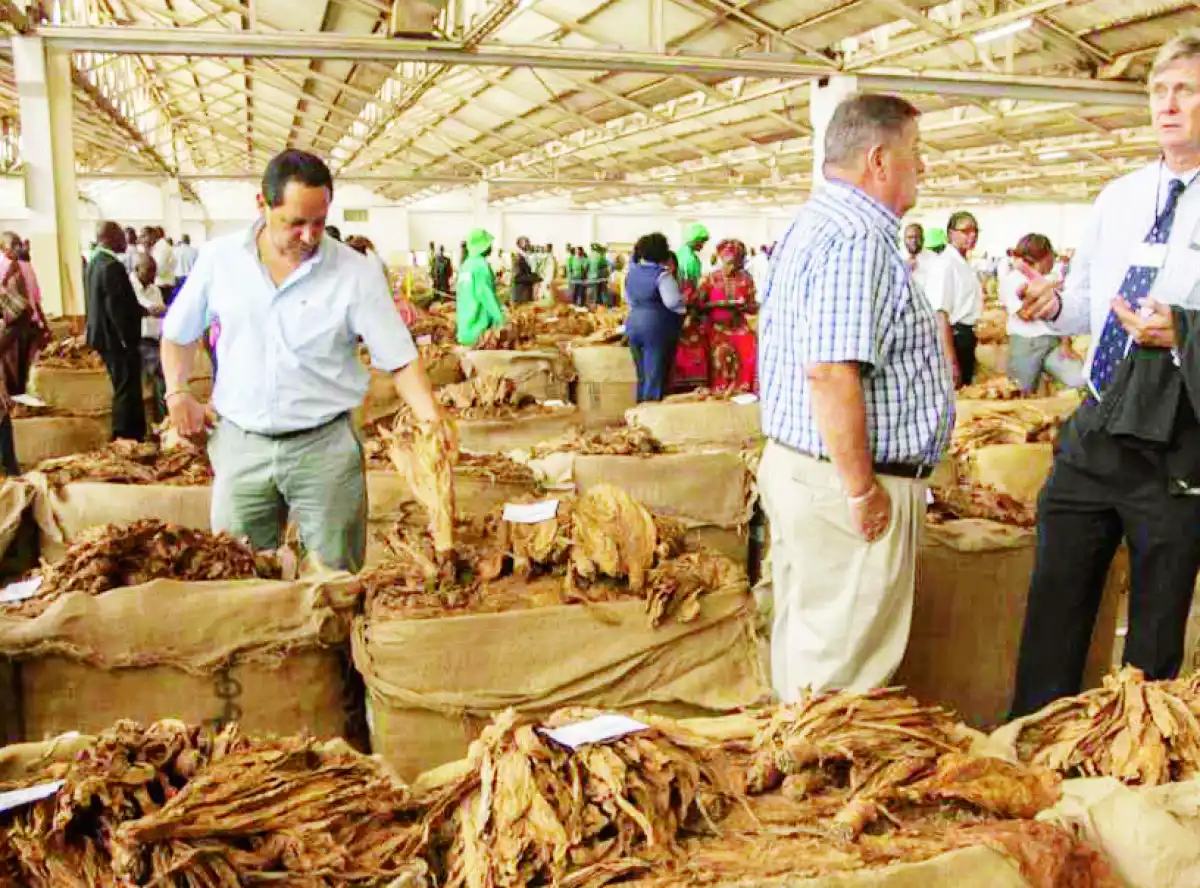
By Andrew Saukani
No matter what skills, talents or abilities one may possess, they are insufficient without being complemented by others for perfection. Hence, no man is an island.
Every year, February 13 is commemorated as World Radio Day, when the global community reflects on the important role of radio in society.
Considering its affordability and ability to reach a wider audience compared to other media platforms, radio plays a crucial role in educating, entertaining and informing the masses on various subject matters.
Media educators often challenge students to imagine a moment of blackout across all available media platforms.
This exercise re-emphasises the importance of media, including radio, in our lives as it shapes and defines the agenda.
This year’s World Radio Day is being commemorated under the important theme ‘Radio and Climate Change’.
This theme arises in the context of the devastating effects of climate change, which Malawi is not spared from.
Massive deforestation, pollution and soil erosion are common occurrences in Malawi, manifested by prolonged dry spells, delayed onset of rains, flooding and the effects of cyclones, among other challenges.
It is a collective responsibility to implement climate change mitigation interventions and sensitise the public on relevant measures for sustainable biodiversity and livelihoods, with radio being an important player.
A democratic dispensation provides unlimited space for all forms of media to flourish, as evidenced by the growth in the number of state-controlled, private, religious and community radio stations.
According to the Malawi Communications Regulatory Authority, the country has a total of 57 radio stations across these categories and more are expected including university campus radios.
While this is commendable, it is imperative to reflect on the role these radio stations play in environmental awareness and combating climate change in Malawi.
Radio stations are established with different objectives, which are reflected in their programming and ideologies.
When it comes to environmental broadcasting, radio is expected to convey complex environmental issues without visuals in a manner that grabs listeners’ attention in both nearby and distant areas, with varying levels of understanding.
This must be done with strict accuracy and credibility.
Despite different agendas, radio stations must come on board in articulating environmental issues to their audience.
In addition to airing news bulletins, each radio station should consider environmental-related programmes in its schedule.
Such programmes may be broadcast twice a week but should largely be delivered in local languages.
We must applaud media organisations with environmental desks, along with dedicated producers, reporters and presenters.
It is widely acknowledged that the environment is a beat that often attracts low interest among radio personalities and their audiences.
Understanding and articulating environmental issues require a well-versed background and passion to deliver the best to the audience.
Listenership surveys often score environmental programmes poorly, vindicating the poor packaging and delivery of such programmes on radio.
Therefore, this challenges radio programme producers and presenters to incorporate a human-interest and entertainment touch in environmental programmes to attract a wider listenership.
Many journalists only have media training, devoid of knowledge about the environment and climate change.
Hence, it is imperative to include environment and climate change in media training curricula.
An example can be made that, due to a lack of clear understanding, local radio stations are finding it difficult to explain carbon trading, the outcomes of the Paris Climate Change Treaty and its implications for ordinary citizens of the country.
Groups such as the Association of Environment Journalists in Malawi should be vigilant in organising refresher courses and orientation for its members to gain a wider knowledge and understanding of emerging environmental issues for inclusion in their products.
Awarding radio stations for their environmental programming, as is done with the ‘Green Media Awards’, is commendable and should be sustained with lucrative private-sector sponsorship.
Given that the business environment is not overly favourable for radio stations, it would demonstrate good stewardship if all departments under the Ministry of Environment and Climate Change and the Malawi Environmental Protection Authority introduced 10- to 15-minute radio programmes on stations as a means of communicating and engaging with a larger audience.
This should also extend to the establishment of radio listening clubs in rural areas to facilitate detailed discussions of environmental radio programmes.
The author works as a district fisheries officer for Mzimba and serves as an executive member of the Association of Environment Journalists in Malawi. He writes in a personal capacity.








0 Comments